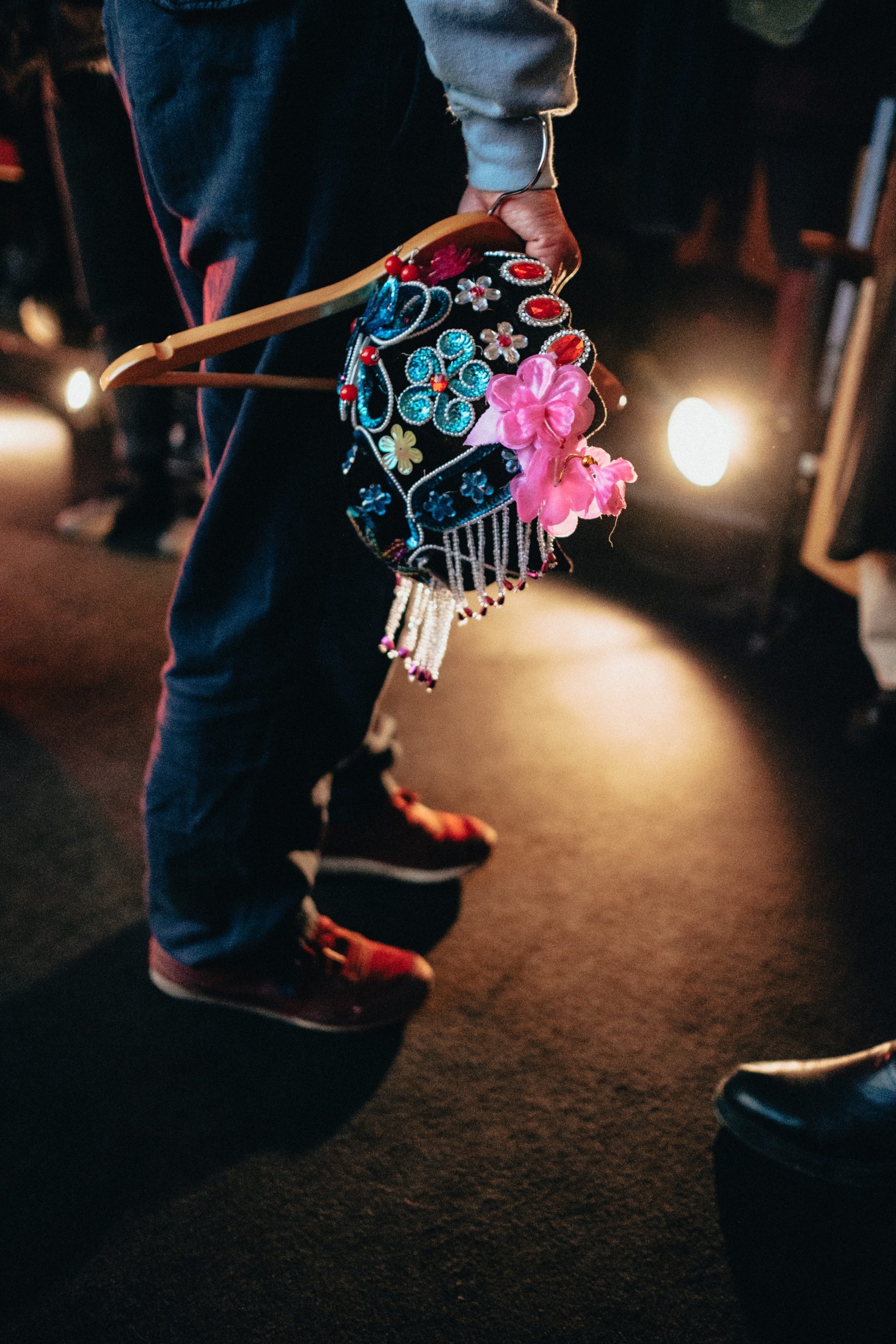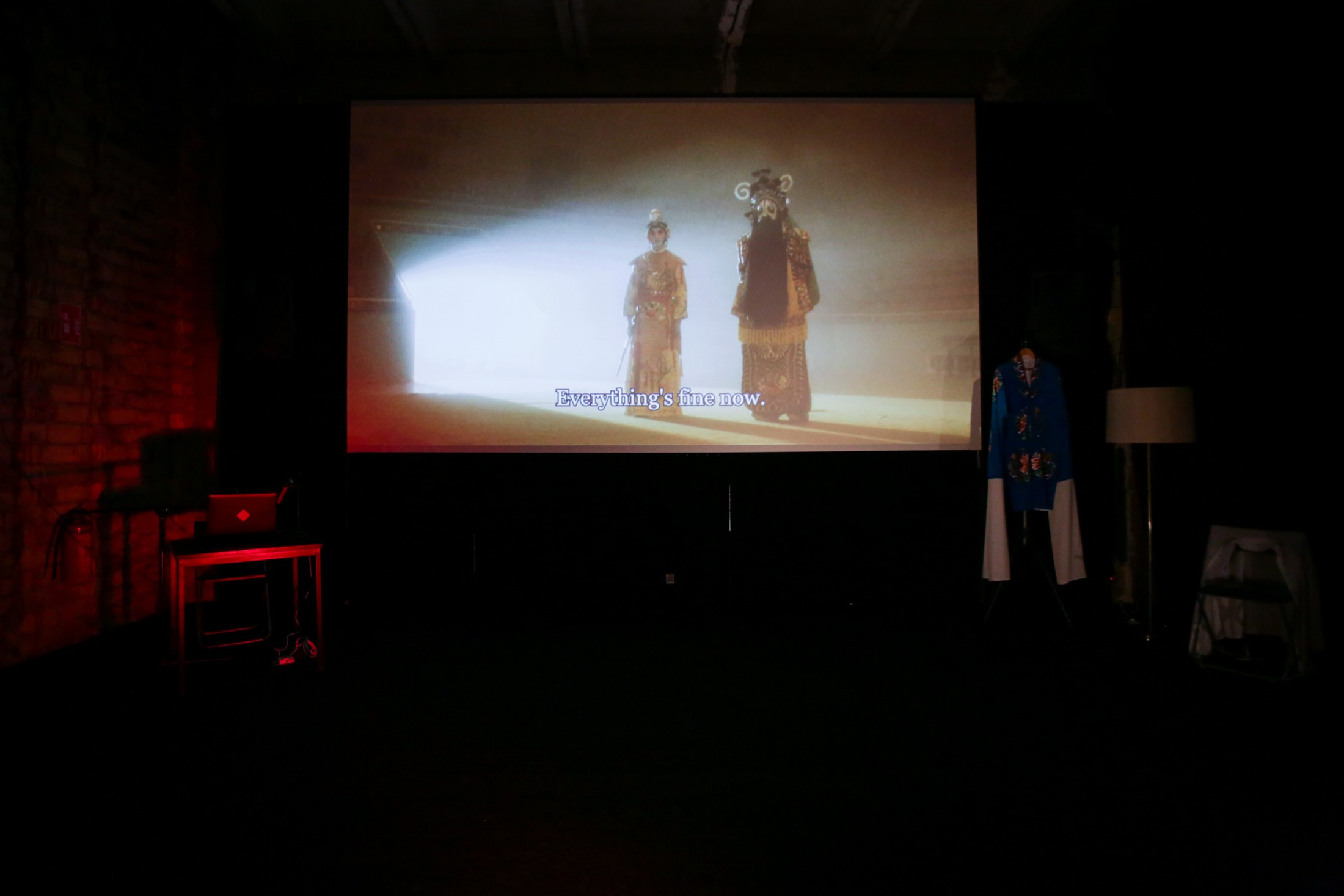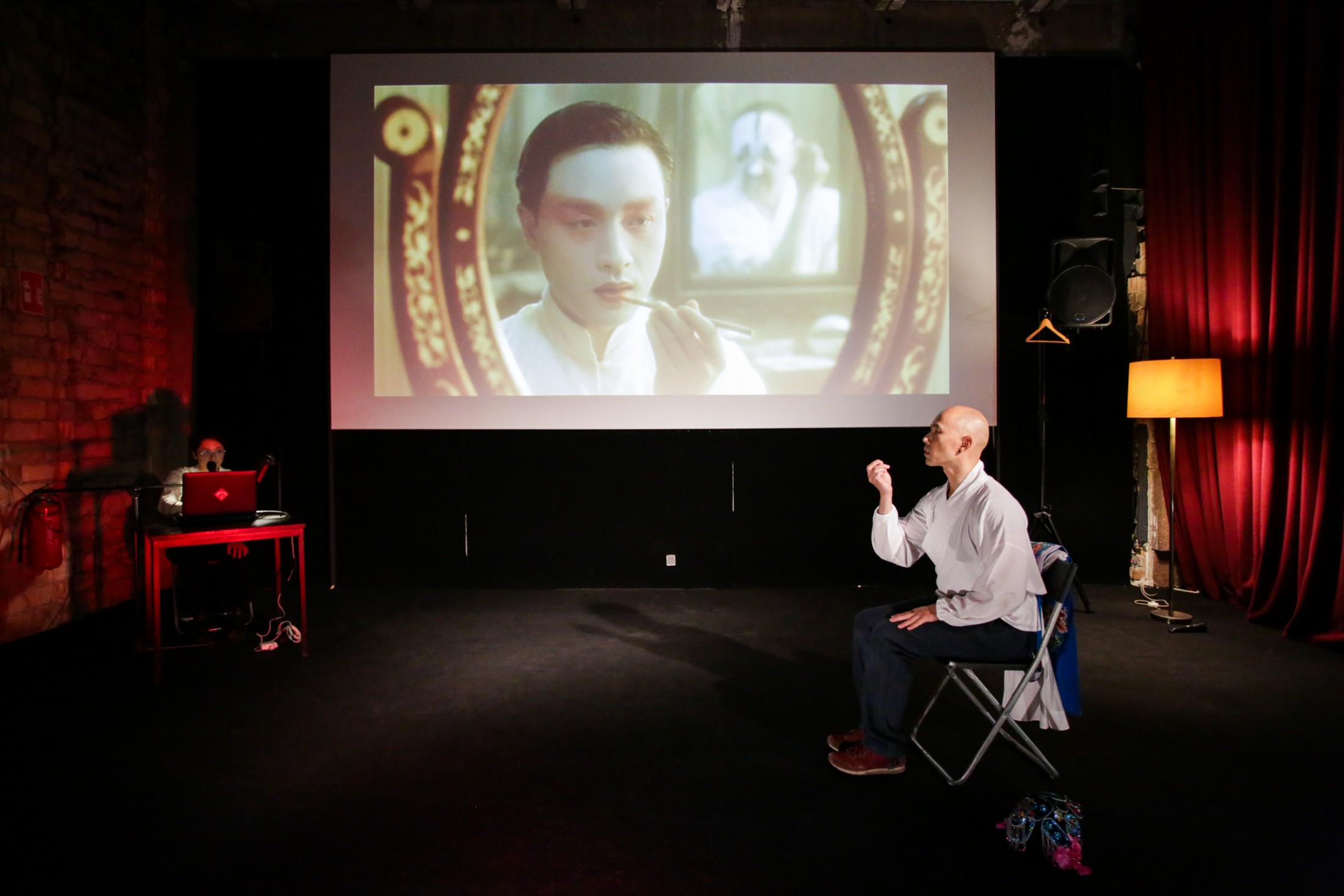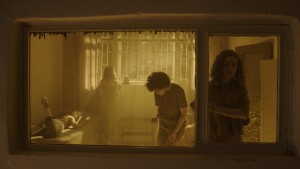Ming Poon
Study of a Rice Queen (S.O.A.R. Queen)
“At a time where conquering the world physically is no more considered a viable option, it seems that conquering the image of the world is becoming, or has become, the New World Order. In other words, what we are witnessing is the conquering and/or the colonization of the imagination.”
Steve Sabella, Colonization of the Imagination (2012)
As an expansionist project, colonialism is as much about occupying foreign territories, as it is about appropriating culturally-othered bodies and erasing their cultural contexts, histories and knowledge. This form of colonialism has extended into mainstream discourse and understanding of queerness, where west-centric queer culture and theory are placed at the centre of reference, whitewashing and displacing queer expressions of other cultures. This research is an attempt to deterritorialise the colonial power relations embedded within my queer asian body, by undoing some of the west-centric relationalities and contours that have currently shaped it. I turn to Nan Dan (男旦), the male-to-female impersonation in Chinese opera as a decolonial queer strategy to de-centre the west-centric notion of queerness and reclaim my queer asian body’s representation and identity. One of the aims of this research is to create a drag form that is based on Nan Dan.
I will focus specifically on three archetypal female roles in Nan Dan: the warrior, the lover, and the concubine. For each of these female archetypes, I will attempt to develop a distinct decolonial performance strategy. However, female archetypes in Nan Dan are not without their problems as they are often constructed through the male gaze to uphold heteropatriarchal norms. As many decolonial scholars and activists point out, heteropatriarchy is also a fundamental aspect of colonialism. The other aim of S.O.A.R. Queen is therefore to create a Nan Dan-centred drag through a feminist perspective, as a way to disrupt heteropatriarchal norms including the male gaze.
The questions that form the basis of my research are: What performance strategies can female archetypes in Nan Dan offer as a tool to decolonise queerness? What are the limitations of Nan Dan as a decolonial queer strategy and how can they be re-transformed? Which “territories” of my queer asian body are reclaimed and which “contours” re-formed by my embodiment of a Nan Dan-centred drag? How does working with a Nan Dan-centred drag shift, re-position or re-map my relationship to my queer asian body and identity? What future can a Nan Dan-centred drag hold for the queer asian body?
- This research started in 2021, with grants from the #takecare programme of Fonds Darstellende Künste and the DIS-TANZEN programme of the Dachverband Tanz Deutschland, funded by the Federal Commissioner for Culture and the Media in the NEUSTART KULTUR programme.)
Ming Poon works with applied choreography, using it as a tool to interrogate, disrupt and re-organise the social and political relationality of the body in time and space. In particular, he is interested in the potential within the body of the weak/peripheral to resist and disrupt hegemonic structures, using choreographic strategies that involve decolonisation, vulnerability, care, queerness and failure. For him, movement refers to the body’s ability to move, take action, and have agency to create change. He sees his works as choreographic interventions and social experiments, which are created using ethnographic methodology and experimental design. The idea is to invite the public to exercise their agency to create change, so that their actions determine the outcome and experience of the works. As such, his works are interactive and collaborative in design. They usually take the form of collaborative performances, public interventions and intimate encounters. His practice is inspired by Buddhist concept of interdependence and care, Judith Butler’s resistance in vulnerability, Jack Halberstam’s queer art of failure, Augusto Boal’s theatre of the oppressed and Nicolas Bourriaud’s micro-utopias.





